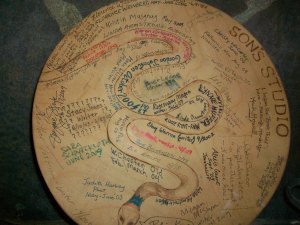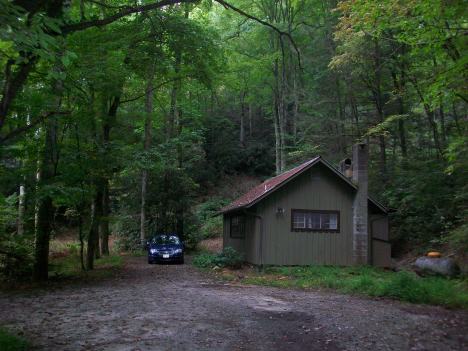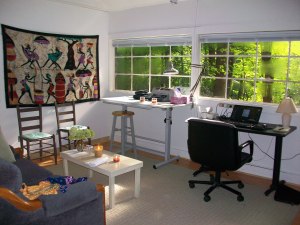A handful of writers have approached me recently asking for help with their blogs. Some are trying to decide whether they should start a blog and how to go about it. Others want to improve an existing blog. So this week I’m running a series that will address three questions: Should I start a blog? What makes a blog successful? And how do I get started blogging?
Part I: Should you start a blog?
This isn’t about why you should blog. I think most writers — and everyone else who wants to promote themselves or their services — realize it’s an essential tool for building a platform, networking, etc. I want to help you think through whether you’ve got what it takes to start one.
I’ve heard people suggest that new bloggers get started as soon as possible, even if they’re still figuring out their focus, format and logistics. I advise the opposite. Everything you publish on the Web is out there for the whole world to read. Forever. So you want to get it right the first time. That means having a well thought-out plan and a good-looking site before you launch. Or at least before you tell anyone about it. Sure, your focus, style and approach will morph as you get the hang of blogging. But you want to look and sound professional from the get-go.
If you’re considering starting a blog, here’s what you should ask yourself:
What do I have to offer? Blogs have a bad rap because too many people use them as personal diaries. Please, for your sake and ours, do not make this mistake. Have a clear vision of what you hope to offer your readers. Not thoughts about your annoying neighbor or ramblings on your dog’s favorite toys. What’s your focus? (More on picking your subject in Part II.)
What are my goals? You know you should have a blog to “build your platform,” but that in itself isn’t a good enough reason to start one. In fact, that term makes me want to gag, partly because it’s so vague. What exactly are you hoping to accomplish through blogging?
Maybe it’s networking — I love connecting with other writers, especially people writing memoir. Maybe you’ll stir up interest in your soon-to-be published book.
Or maybe blogging will help you think through whatever you’re blogging about, help you come up with ideas or do your job better. This is a benefit bloggers often overlook. Writing here forces me to flesh out my ideas and express them in a cogent way instead of letting them mull around in my brain. It forces me to come up with conclusions. It helps me document my writing process so I won’t make the same mistakes the next time I write a book. I’m not only sharing with you here — I’m helping myself by keeping track of what I’ve learned and improving my own process. This blog helps me brainstorm and learn.
Am I okay with my posts being in the blogosphere forever? When you write something on the Internet, it stays there forever. Even after you erase it. Google saves everything.
I think about this a lot. Even though I’m not working as a journalist now, I might in the near future, which means I can’t express my opinions about certain issues. So while I try to reveal pieces of my personality on this blog, I’m careful about every single word I write, making sure I don’t say anything that might jeopardize my career.
What are your considerations when it comes to telling the world your story? I wouldn’t worry too much about privacy — it’s your blog, so you get to decide what to share and what to keep to yourself. But if you’re the type of person who over-shares, maybe you should consider a diary instead.
On the bright side, this lives-on-forever aspect is also what makes the Internet so valuable to us. It’s what allows that popular post you wrote a year ago to remain at the top of Google’s search results, making you findable to people who care about your subject. So embrace it. Leave your permanent footprint. Just make sure it’s a good one.
Do I have time? In my mind, this is the most important consideration, and it’s what I’ve been bringing up with my (small business) clients when we talk about whether they should start a blog. None of us really have time for a blog, but lots of us make time. Are you willing to make that time? Because blogging — I’ve gotta be honest here — is super time-consuming. It’s also rewarding. But every minute spent blogging means less time for writing or building your business or whatever’s your main focus.
Filed under: Blogging, Time to write | Tagged: Blogging | 16 Comments »











